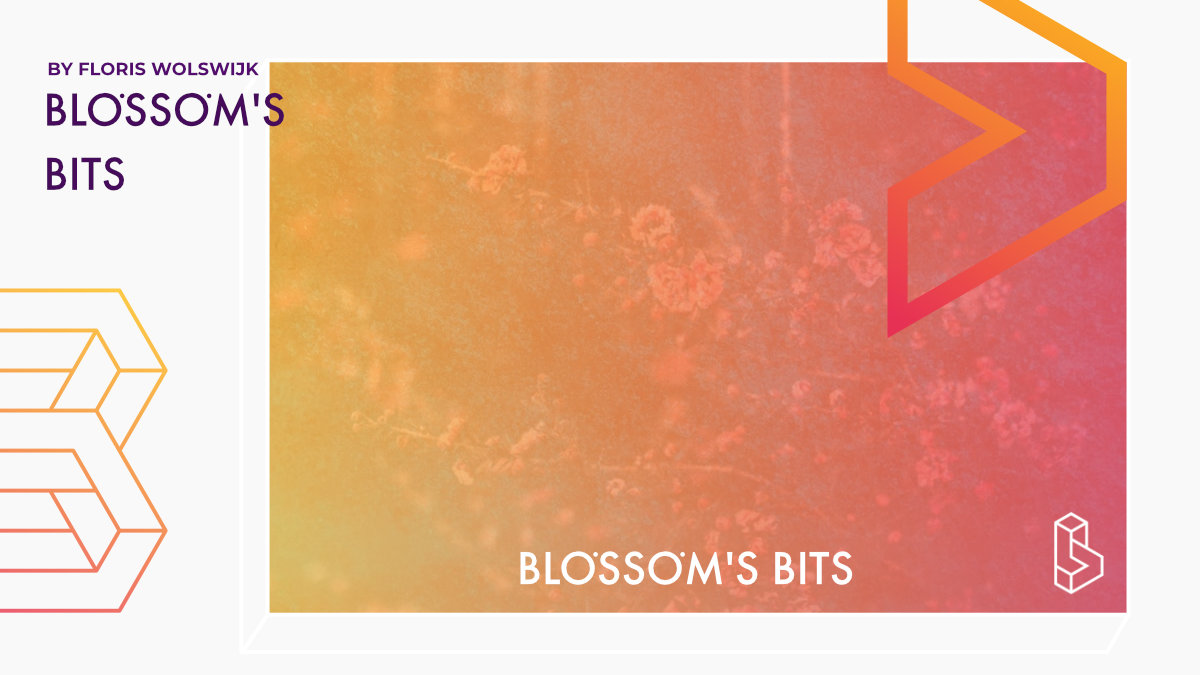Researchers associated with Mindbloom just published an article arguing that at-home ketamine-assisted therapy is not only safe but led to improvements (<50%) in depression and anxiety in 62% of participants.
But wait, haven’t all read that maybe the services provided by Mindbloom were faced with “organizational difficulties, long wait times, an overall lack of therapeutic support and consistency,” as per Shayla Love for Vice.
So what gives? Can these two things be true at the same time?
What the research says – safe and effective
Thomas Hull and colleagues have analysed the data from 1250 patients who have gone through the ‘therapy’ provided by Mindbloom.
The ‘therapy’ – at-home telehealth sessions with a guide (“who is not necessarily a mental health clinician, according to clients” – Love) was always guided the first time. After that, patients could take it without supervision.
Next to significant improvements in 62% of patients, 32% were in remission (not qualifying for severe anxiety or depression anymore) at the end of the study. The results seem almost magical for a treatment that costs less than $1200.
In the patient population, less than a handful dropped out (discontinued), and no serious adverse events were reported.
So, is there a catch?
The difficulties of providing telemedicine
The participants in the study were the ones who had received the therapy, not the ones who were still waiting (sometimes for months) to receive it.
Of the patients, it seems that most fell into the group that responded (89%), but not reflected in the data is the danger of overmedicating (Love’s article describes a patient getting two different dosings 200/300mg pills) or unauthorized use.
But maybe more than the acute dangers, is there something missing when no real therapy is provided? Is that not what makes (talk) therapy effective, not only the drugs?
That takes us to the next critique, what happens if the treatment is discontinued. Many studies show that after four weeks, people return to baseline (i.e. be depressed again). This isn’t reflected in the data – no long-term follow-up was reported.
I’m still in two minds about this one and would love to know your thoughts. On the one hand, at-home ketamine is much more accessible – looks effective and safe – but at what cost – little support and chance of misuse. So I ask myself (and you), is it worth it?
Become a psychedelic insider
Get a Pro Membership to enjoy these benefits & support Blossom📈 full reports on Topics & Compounds
🧵 full summary reviews of research papers
🚀 full access to new articles
See Memberships

